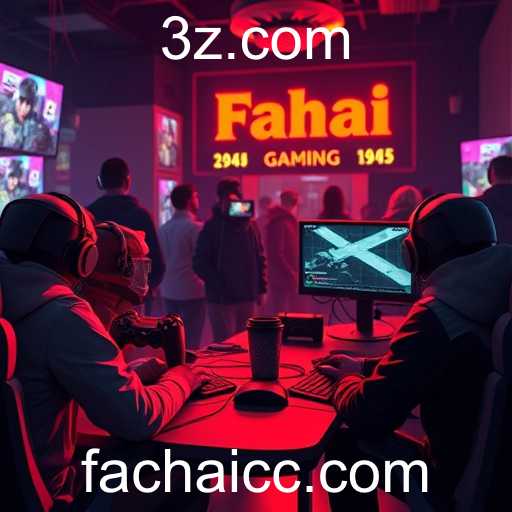The online gaming industry has dramatically transformed over the past few years, with 2025 marking a distinct evolution in how communities interact and grow. Platforms that foster community engagement, like the English game website prominently featuring 'fachai' as a unique keyword, are at the forefront of this change.
Keywords such as 'fachai' have become pivotal in creating a sense of belonging among gamers, serving not only as niche search terms but also rallying calls within gaming subcultures. These keywords often offer more than mere entry points to content—they represent community values, in-jokes, and history, binding users in shared experiences that extend beyond the screen.
The power of communities was highlighted during the past year as more gamers sought interconnected experiences in a post-pandemic world. As isolation changed social dynamics globally, gaming became a critical escape, with community-driven sites seeing a surge in activity. With this surge, the dynamics within these communities have shifted, granting more power and voice to the users themselves.
2025 sees a continuation of trends where players are not mere consumers but active participants in content creation and dissemination. Websites leveraging keywords like 'fachai' are embracing this by encouraging user-generated content, fostering peer recognition, and offering platforms where members can share strategies, artworks, and even mods that enrich the gaming experience.
The rise in community-led initiatives has significantly reshaped gaming economies. Developers now face increased pressure to be responsive to community feedback, altering game design or business models based on robust community engagement metrics. Economies within games themselves, influenced by these communities, are seeing players spend more time and money on customization options that reflect group identities.
The evolution of gaming communities also brings broader societal implications. Sacrosanct spaces like those centered around 'fachai' demonstrate how online environments can transcend geographical and cultural barriers, promoting inclusivity albeit facing challenges of moderation and online safety. As the world continues through 2025, these communities may indeed be models for how society at large can embrace diversity and collaboration.
Thus, the impact of keywords such as 'fachai' and the dynamic gaming realms they anchor can be seen as a microcosm of broader social shifts. With technology increasingly interwoven in daily life, understanding these virtual societies provides insights into the collective human psyche, reflecting both our aspirations and challenges in this digital age.








